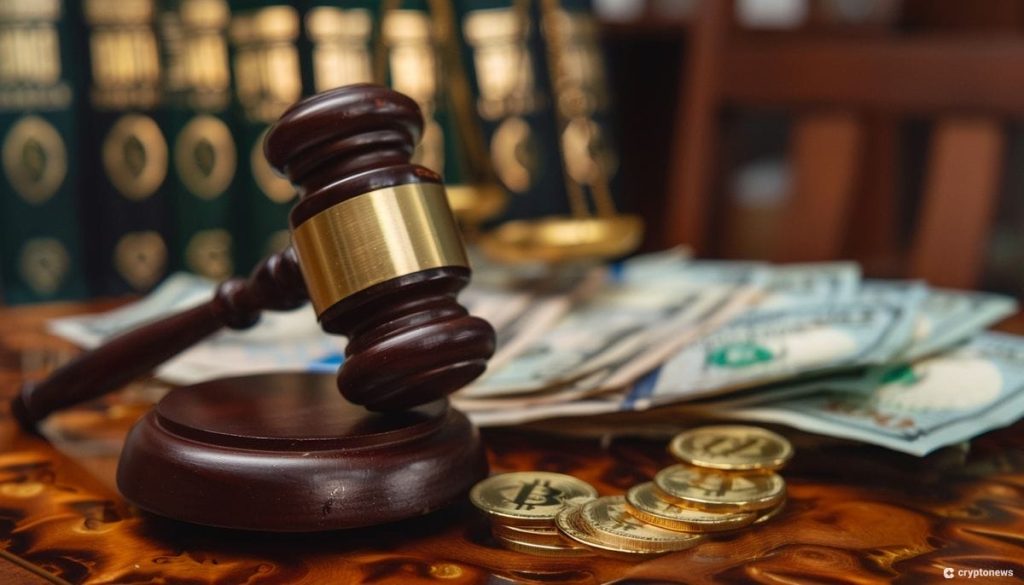The Securities and Exchange Commission (SEC) of Nigeria has recently granted approval in principle to two digital asset exchanges, Busha Digital Limited and Quidax Technologies Limited. This provisional crypto license allows the firms to commence operations under the Accelerated Regulatory Incubation Program (ARIP). Busha Digital Limited facilitates buying and selling cryptocurrencies using fiat currency through mobile and web applications. On the other hand, Quidax Technologies Limited operates a cryptocurrency trading platform that lists and trades existing crypto tokens.
In addition to Busha and Quidax, five other firms have been admitted to test their business models and technologies under the SEC’s Regulatory Incubation Program (RI). These companies include Trovotech Ltd, Wrapped CBDC Ltd, HousingExchange.NG Ltd, Dream City Capital, and Blockvault Custodian Ltd. The ARIP was established by the SEC to integrate firms that had already begun operations before the issuance of the Rules on Virtual Asset Service Providers in May 2022. The RI Programme is designed to evaluate business models of digital asset companies and test innovative products, services, and technologies in a controlled market environment under SEC supervision.
The ongoing legal disputes between cryptocurrency exchange Binance and the Nigerian government have raised concerns within the blockchain industry in Nigeria. The Blockchain Industry Coordinating Committee of Nigeria (BICCoN) has expressed worries over the potential implications of these legal battles on Nigeria’s blockchain ecosystem and international reputation. The detentions of Binance executives have created an atmosphere of uncertainty and risk that could deter potential investors and partners. US lawmakers French Hill and Chrissy Houlahan visited Kuje Prison, where detained Binance executive Tigran Gambaryan is held, highlighting concerns regarding his health and wrongful detention.
Despite a court ruling that cleared Binance executive Tigran Gambaryan of tax evasion charges, he still faces a separate money laundering case. Binance CEO Richard Teng accused a Nigerian government official of pressuring crypto representatives to accept a secret agreement to settle Nigeria’s claims against the exchange. The legal battles and detention of Binance executives have put a strain on the relationship between the Nigerian government and the cryptocurrency industry, raising concerns about the potential impact on the country’s reputation and its ability to attract investment in the blockchain sector.
The ARIP and RI programs established by the SEC are crucial avenues for entities to introduce their digital products and services in the Nigerian capital market. These programs provide a controlled environment for evaluating business models, testing innovative products and services, and ensuring compliance with regulatory requirements. The SEC’s approval in principle for digital asset companies is a preliminary step towards full registration, enabling these firms to operate within the regulatory framework set by the commission. By fostering innovation and supporting the growth of the digital asset industry, the SEC plays a key role in regulating and promoting a vibrant crypto ecosystem in Nigeria.
The participation of digital asset exchanges and other blockchain companies in the SEC’s Accelerated Regulatory Incubation Program demonstrates a commitment to regulatory compliance and innovation in the Nigerian crypto landscape. These firms have the opportunity to test their business models, technologies, and services under the guidance of the SEC, ensuring a transparent and compliant market environment for digital assets. As Nigeria continues to position itself as a hub for blockchain and cryptocurrency innovation, regulatory clarity and effective oversight by the SEC will be essential in building trust with investors, fostering growth in the digital asset sector, and enhancing Nigeria’s reputation as a leading player in the global crypto market.


